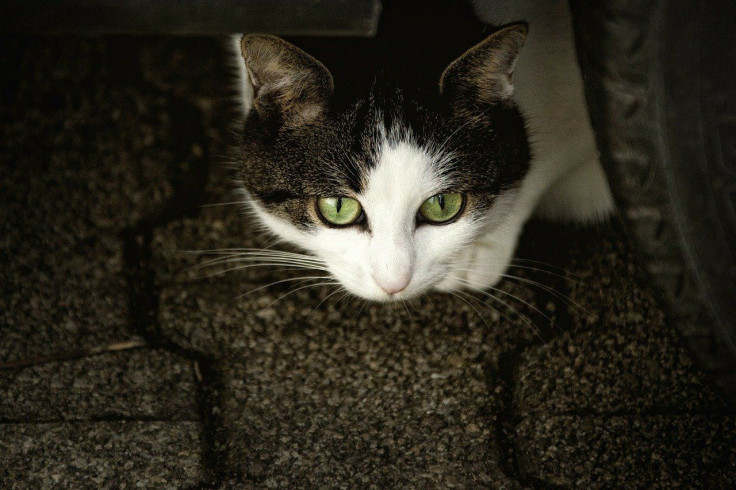Why Cats Are Being Deployed Onto Chicago Streets
KEY POINTS
- Chicago is among the top American cities with a rodent infestation
- An organization is offering a "green" and "humane" way to solve rodent problems
- About 1,000 cats have been released in Chicago since 2012 to drive away rodents
What can a city do if it has a serious rodent problem? In Chicago, an organization has been providing cats to fight against the infestation.
Chicago is trying an unusual yet natural means to help control its rodent problem: cats. The idea is to simply introduce cats to an area with a lot of rats to get rid of the rodents. The cats don't exactly eat all the rats but drive them away using their pheromones, Sara Liss of the Tree House Humane Society told WGN9.
"We've had a lot of our clients tell us that before they had cats, they would step outside their house and rats would actually run across their feet," Liss told the outlet.
The program, dubbed "Cats at Work," makes use of the displaced cats that the organization removes from more dangerous situations. These cats are then relocated to areas where their presence can help get rid of rats.
It's a "green" and humane alternative to using poisons to control rodent populations, the organization explained.
Since 2012, the organization has deployed about 1,000 cats to help control the city's rodent population, WGN9 noted.
Rodent Infestations
Chicago has been considered the "rattiest city in America" for six consecutive years, according to the extermination company Orkin. Chicago took the top spot on its 2020 list, followed by Los Angeles, New York, Washington D.C. and San Francisco.
Amid the pandemic-related lockdowns, major cities have had to deal with serious rodent problems. London, for instance, has been dealing with a rodent infestation. Last year, the Centers for Disease Control and Prevention (CDC) also warned people about "aggressive" rodents amid the lockdowns.
The Dangers Of A Rodent Infestation
Mice and rats spread about 35 diseases worldwide, the CDC said. Such diseases can be transmitted directly through a bite or contact with their saliva, feces or urine. People can also get infected indirectly through the bites of ticks or fleas that have also bitten infected rodents.
According to the agency, the main way people can prevent being exposed to rodent-borne diseases is through rodent control around their homes. They can try sealing up holes through which rodents can enter or removing food sources that may attract rats and mice in the first place.

© Copyright IBTimes 2025. All rights reserved.






















